The Book and My Rationale for Choosing It
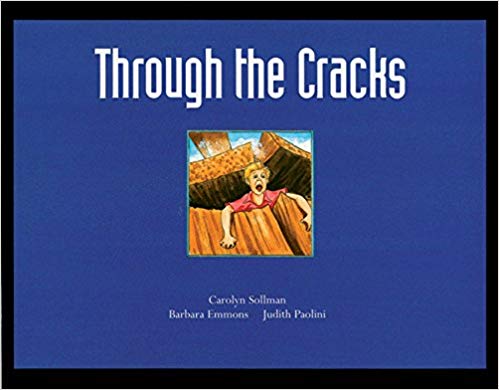
Engaging learners & connecting community has always been my vision. Through the Cracks by Carolyn Sollman, illustrated by Barbara Emmons and designed by Judith Paolini illustrates my vision. Surprisingly, the book, unlike most books about improvement, is presented as a children’s story. This book inspired my decision to begin a blog. It encompasses every audience possible: teachers, students, parents, community members, politicians, and community leaders. The story itself draws you in, but the illustrations help you visualize my vision. It connects you to experiences (good and bad) and it inspires you to make a difference.
Engaging Learners & Connecting Community: The Book
In Through the Cracks the authors uses Stella, a young girl, as the narrator of the story. Stella not only introduces herself to us, but also shares her encounter with Christopher. From them we gain a birds-eye-view of the students’ experiences of becoming disengaged and disconnected from school and from learning. Through Stella’s “guided tour” Christopher and we, as readers, quickly learn some of the reasons that students become bored. It shares how students turn into “in-school” dropouts, uninspired and reluctant learners, and daydreamers. It shares how not being engaged can impact a student’s behavior resulting in discipline problems/referrals. Stella and Christopher reflectively share the schools many of us experienced as children, parents, teachers and even administrators. In the second half of the book, we are transported from the “traditional” school to a visionary school. The transformation is epic. The aesthetic and instructional changes lead toward positive attitudes, inspired stakeholders, morale and behavior improvement. We see students who are motivated to learn, engaged in the lessons and connected to the community and world.
Oprah Winfrey (I used this quote because it talked about giving hope and is an extension of George Washington Carver’s “Where there is no hope, there is no vision” and Proverbs 29:18’s “Where there is no vision, the people perish.”
My idea is to give hope, because where there is no hope, there is no vision, and where there is no vision, people will perish.
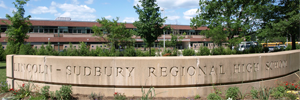
Engaging Learners & Connecting Community: My Backstory Connection to METCO
Two months into my freshman year of high school, I was among fifty students accepted into Boston’s (METCO) program. METCO, (The Metropolitan Council for Educational Opportunities) is a volunteer busing program focused on integration and quality education. It places inner-city Boston residents of color in predominantly white suburban schools. Its purpose is to break down barriers to educational opportunities, creating rich, racially diverse learning environments for all students. I was honored to attend, leaving Jeremiah E. Burke High School for Girls in Boston to travel to Sudbury, Massachusetts. Over 5,000 students applied, but in 1970 when I was chosen, approximately only fifty of us earned spots in the several suburban schools. I was one of a few selected to attend Lincoln-Sudbury Regional High School (LSRHS). On my bus there were approximately 35 of us who met from across the city. At that time, I lived in Roxbury Crossing in a condemned house alongside the train tracks, between Jamaica Plains projects and Mission Hill projects…where Tremont Street and Columbus Avenue met an separated. The school was about 45 miles from my house, but took over an hour to get there. Every morning, I took at least one public bus (sometimes two) to get to my school bus. This began my morning journey from Roxbury to Sudbury.
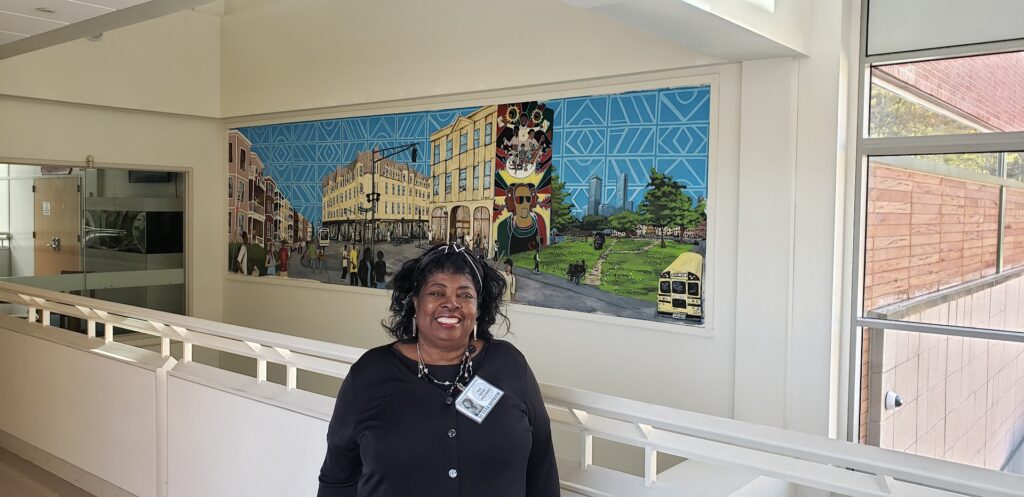
Recently, I attended my class reunion and took a tour of the school. To my surprise, on the wall was a painting of a METCO bus stop. If, I am correct, it is my old bus stop.
Engaging Learners & Connecting Community: Roxbury Discovers Sudbury
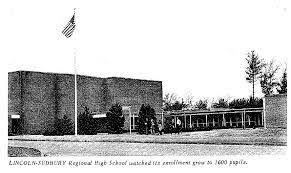
Attending Lincoln-Sudbury Regional from 1970 to 1974 was an honor. It was during those years (beginning in 1968) that Lincoln-Sudbury became a non-traditional school. It offered flexible scheduling, experiential learning, and more opportunities than was imaginable. There were no school bells. Our daily schedule consisted of a modular schedule of twenty 20-minute periods…some classes two periods long, others more. During this era in the school’s history, the number of electives was increased providing more opportunities for students and teachers. Additionally, students were allowed significant periods of unassigned time. Programs were based on student and teacher interests and requests were welcomed. Students were afforded the opportunity to spend significant amounts of time in out-of-class experiences.
I took advantage of my unassigned scheduled times. Most of the time, I took advantage of programs that allowed me to experience out-of-class experiences. Nimbus was one of those programs. When I was a junior, I created a teaching internship program. This internship allowed me to schedule myself at a nearby elementary school. I worked as a teacher’s assistant, a tutor, and a group leader. During the same time, I petitioned the Principal to let cheerleading be counted as a P.E. class for credit. Another experience that stands out in my mind is when the school decided to house/host/implement a daycare center. I spent hours learning how and making furniture out of sturdy cardboard and lightweight wood for that program. Other out-of-class experiences experienced were seminars and workshops. As a freshman, I audited a few math classes and worked with Mr. Galvin, a teacher, to improve my math grades. I met with him before school after getting off the bus, after school, during class breaks…whenever our schedules allowed. that first semester/year, I spent every weekend and holiday break studying and trying to not only get my grades up, rather trying to learn material that I had not learned before coming to Lincoln-Sudbury.
Even among that strenuous schedule and routine, I managed to make sure that I stayed involved in activities to help me grow. Other activities included attending and participating in the art club and in arts festivals and drama productions. I studied Spanish and went to Spanish Club meetings, but also attended meetings of the German Club and French Club. I went on school excursions, spent time sitting, writing, sketching and/or meditating in the woods behind the school. I was a member of the yearbook staff my senior year. One of my favorite memories is meeting Al Pacino. Following a trip to see the movie premiere of “The Godfather,” Al Pacino visited our school as a speaker. Talk about connections! I still have my autographed napkin at my mom’s house…if she didn’t throw it away.
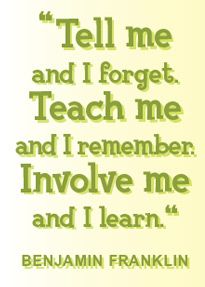
As noted earlier, I petitioned to have Cheerleading a P.E. credited activity, what I didn’t mention is that I was LSRHS’ first METCO cheerleader and the only Black cheerleader in my years as a cheerleader who was METCO, the other three lived in Sudbury. I eventually became one of the captains.
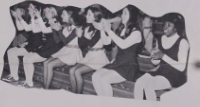
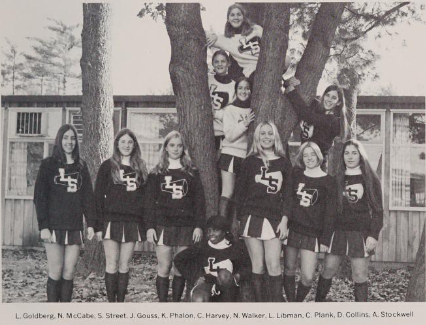
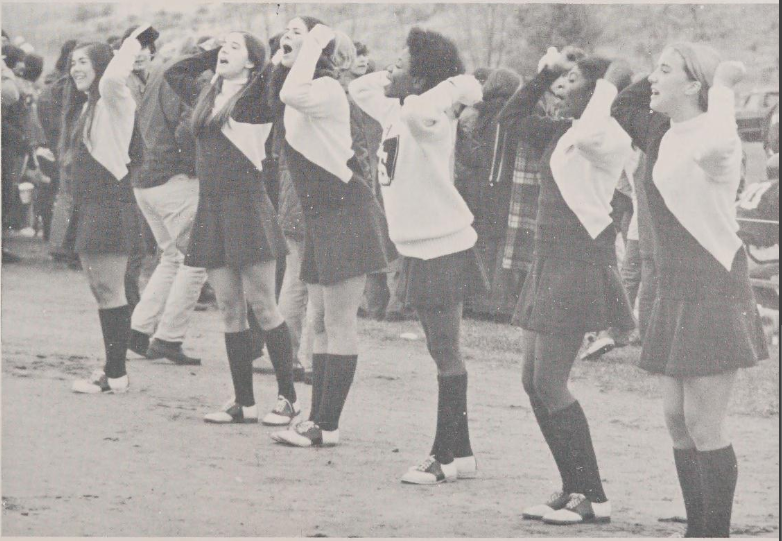
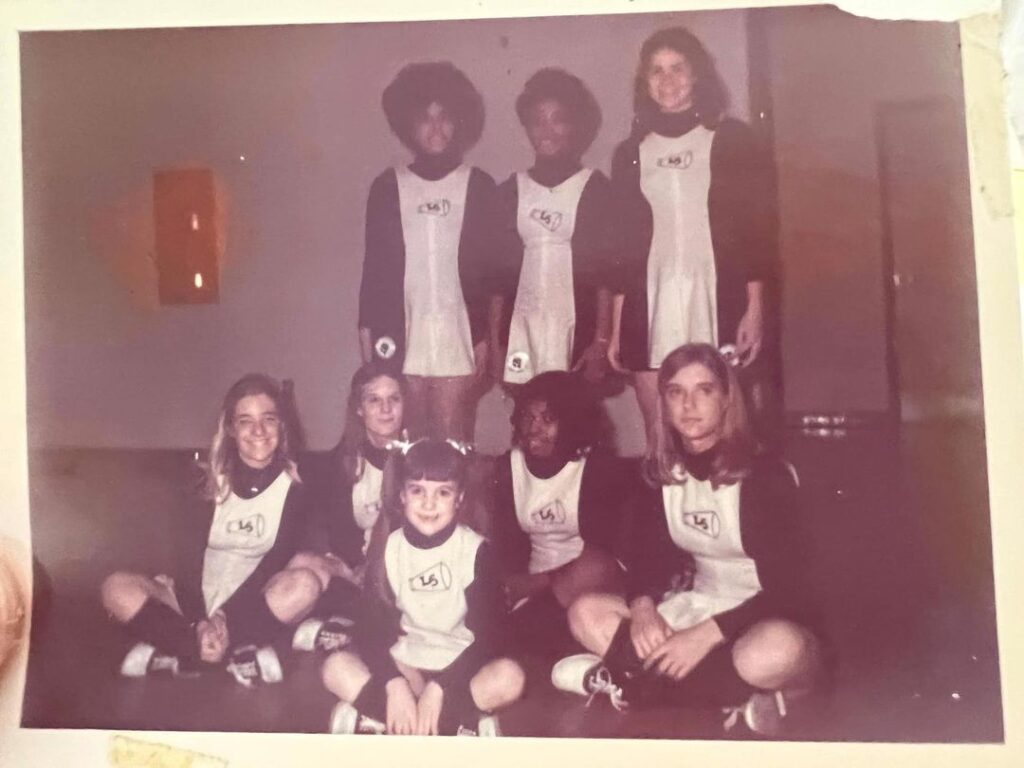
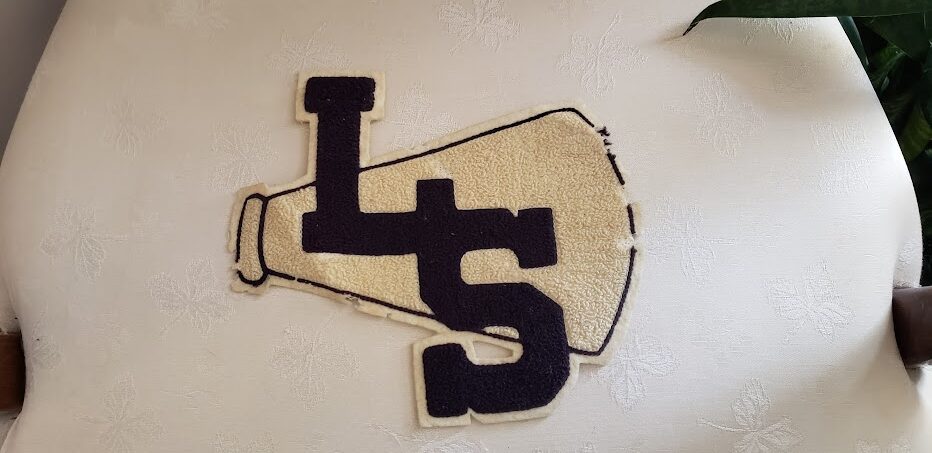
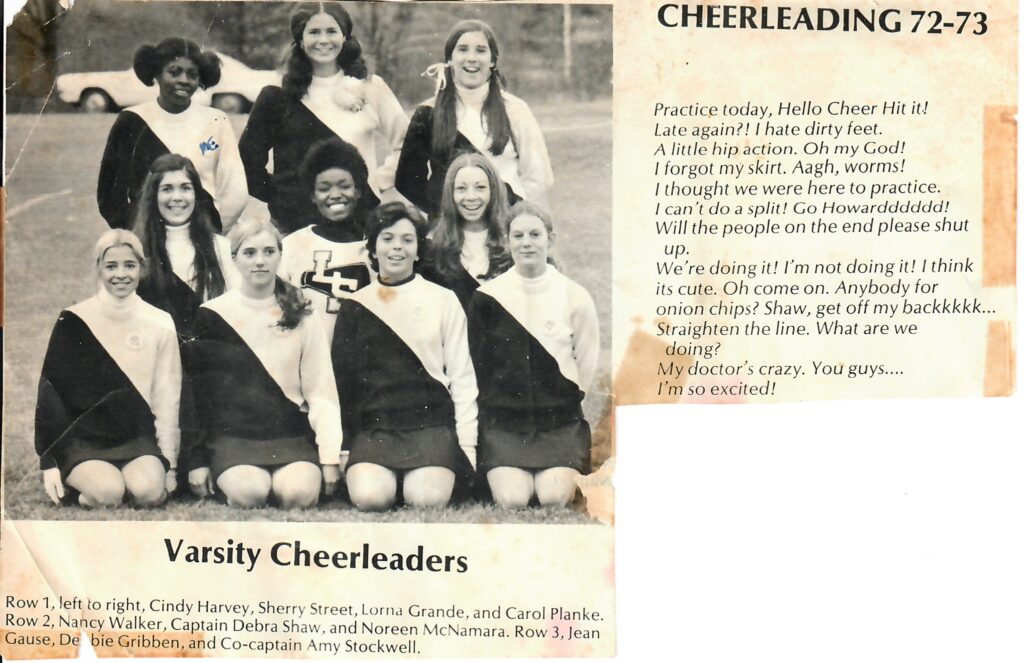
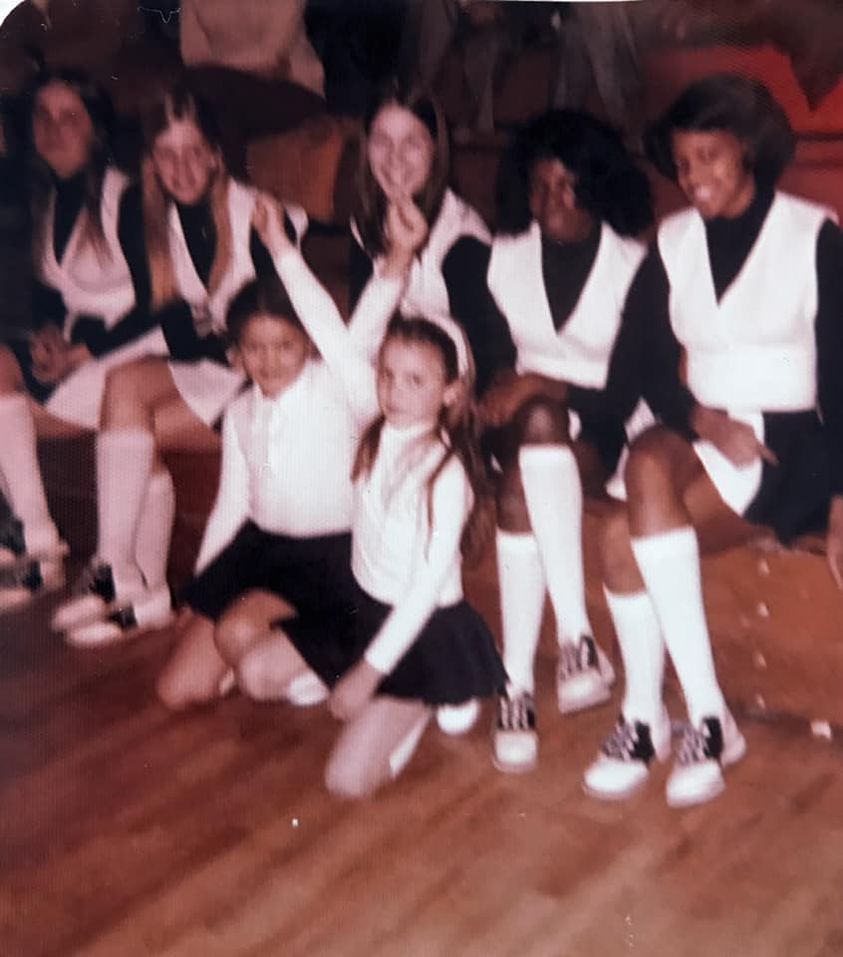
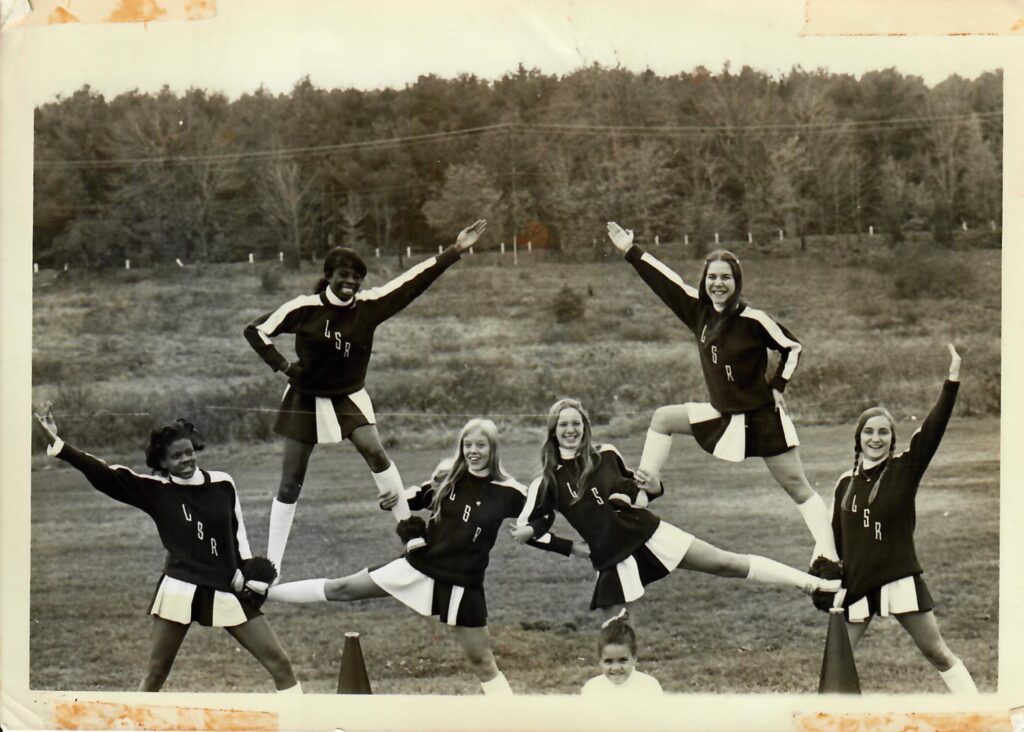
Other opportunities that were afforded me and in which I embraced was a two week hike from New Hampshire to Sudbury during the winter in snowshoes. The weather eventually turned into a snowstorm. I was active in several clubs, the cultural activities like Spring Thing, Octoberfest, and more. During my senior year, not only did I attend the prom, but was also selected to be one of the salutatorian at graduation.
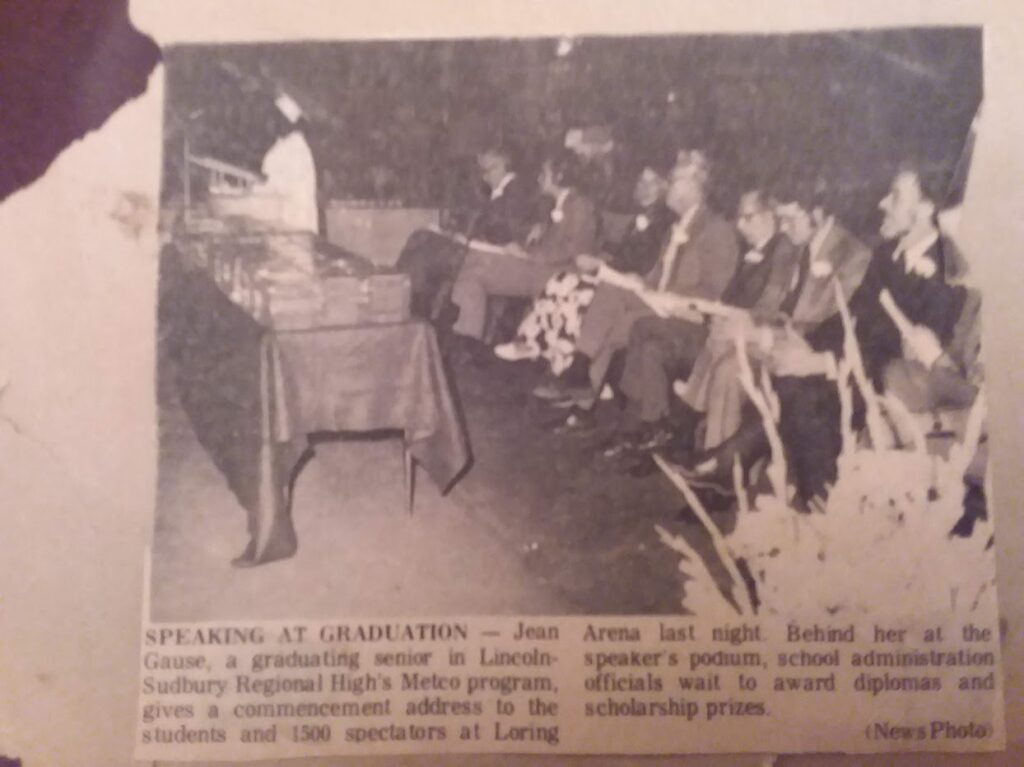
Our class had over 450 students with approximately 420 walking on graduation day. Needless to say, it was one of my greatest moments as a METCO student…although there were many.
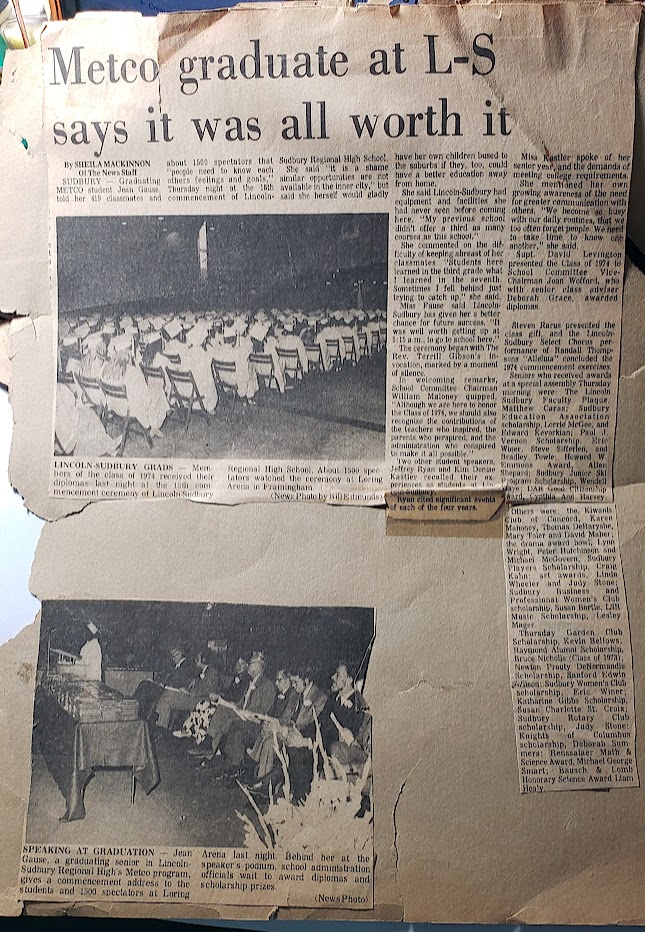
Engaging Learners & Connecting Community: The Influence of Teachers
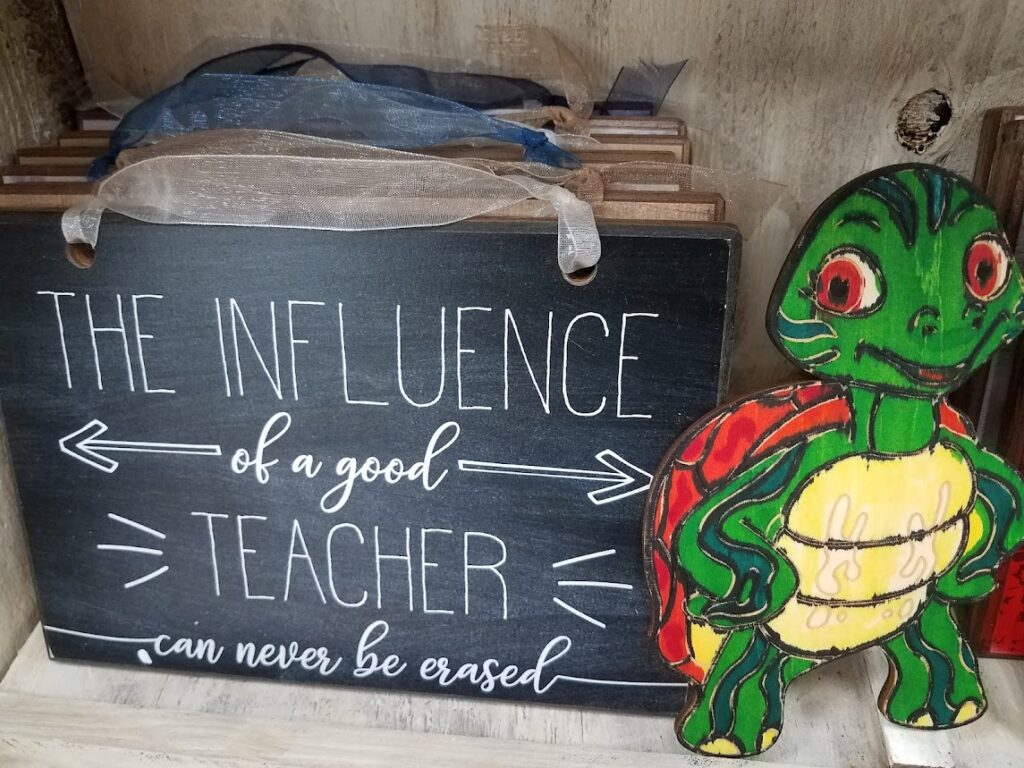
I’ve been honored to have many teachers in my life who have made a difference in my life. Some have inspired me to love writing, others reading, and others history. I’ve had many inspirations that inspired me to become a teacher. I credit my 2nd grade teacher for my love of and addiction to books and libraries. She took our class to the library to get our very first library cards. Dan Alonardo and Mr. Gibbons are the two junior high teachers who made a difference in my life. At Lincoln-Sudbury several teachers left a their impact on me. In addition to the aforementioned, Mr. Galvin, I credit six more teachers for influencing aspects of my teaching and instructional philosophy. Five are listed below, the sixth who I will add in the near future was my creative writing teacher. He is the one who taught me how and inspired me to create with words.
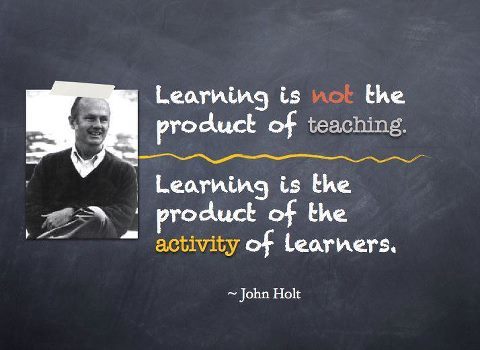
Engaging Learners & Connecting Community: Science Comes Alive
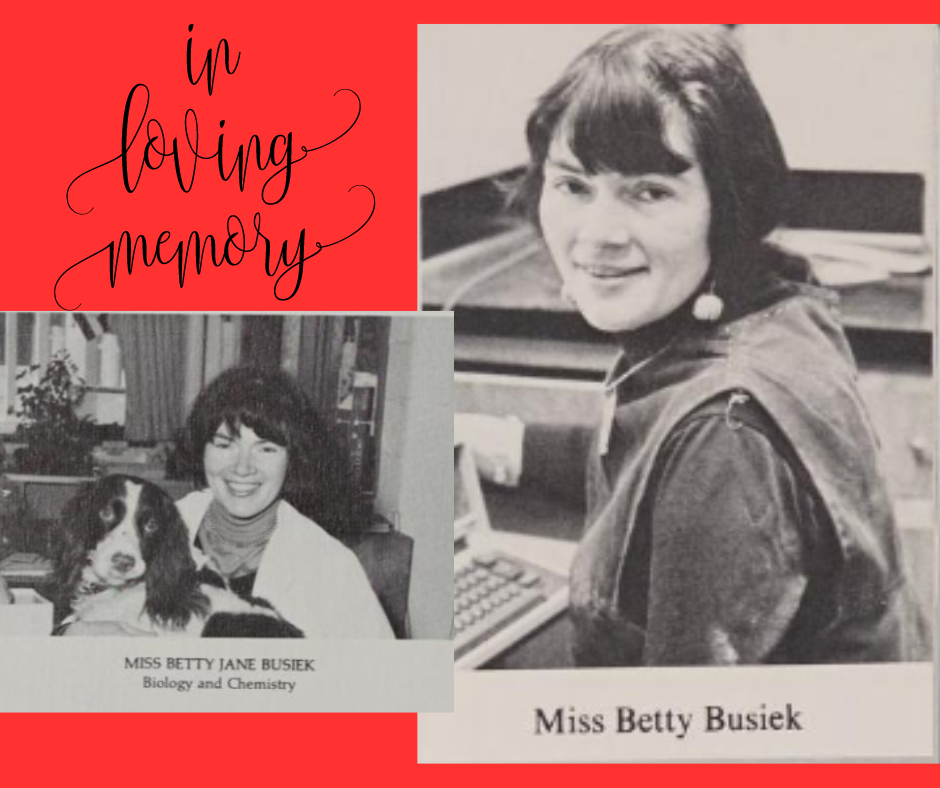
Ms. Busiek was the “cool,” “hip” teacher. From the moment you met her,you knew that her class was going to be fun. She had an asymmetrical haircut and often wore only one earring. Her classroom was always welcoming and her lessons were multidisciplinary in nature and allowed us to connect to other subjects. She had an insight into people and found the strengths in everyone. I remember her purposefully putting me, an extrovert, with the school’s “brain.” I now believe she wanted us to rub off on each other. She wanted my relaxed, care-free way, can-do attitude, and resilience to help him be less serious. She probably wanted some of his seriousness to rub off on me. Although he was not particularly fond of me, his intelligence and work ethic most definitely helped me pass Biology. Ms. Busiek created excitement in our lessons, bringing scientists and community members to our class. They taught mini-lessons, share their jobs and gave us an idea of the importance of science in our lives. Hikes in the woods, Scavenger hunts on the trails, and outdoor assignments and projects provided me with new experiences. Because of her science is a part of my life, my teaching and the lives of my own children.
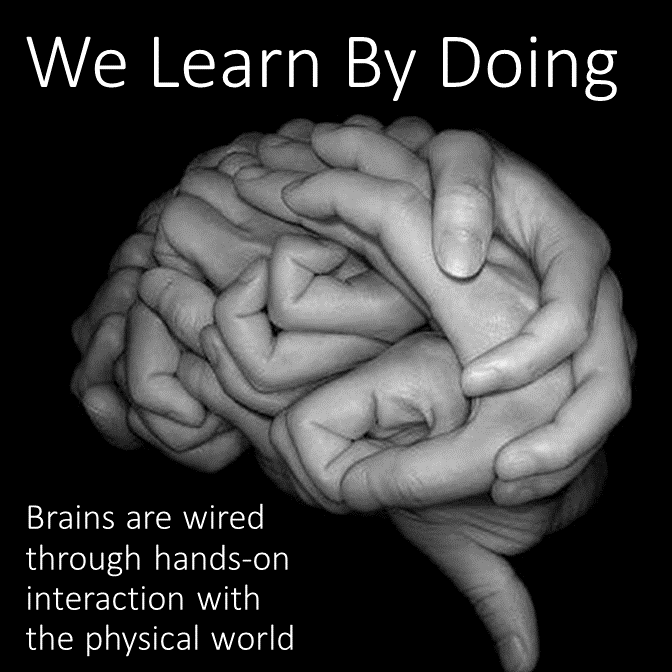
Engaging Learners & Connecting Community: Nature and Outdoor Pursuits
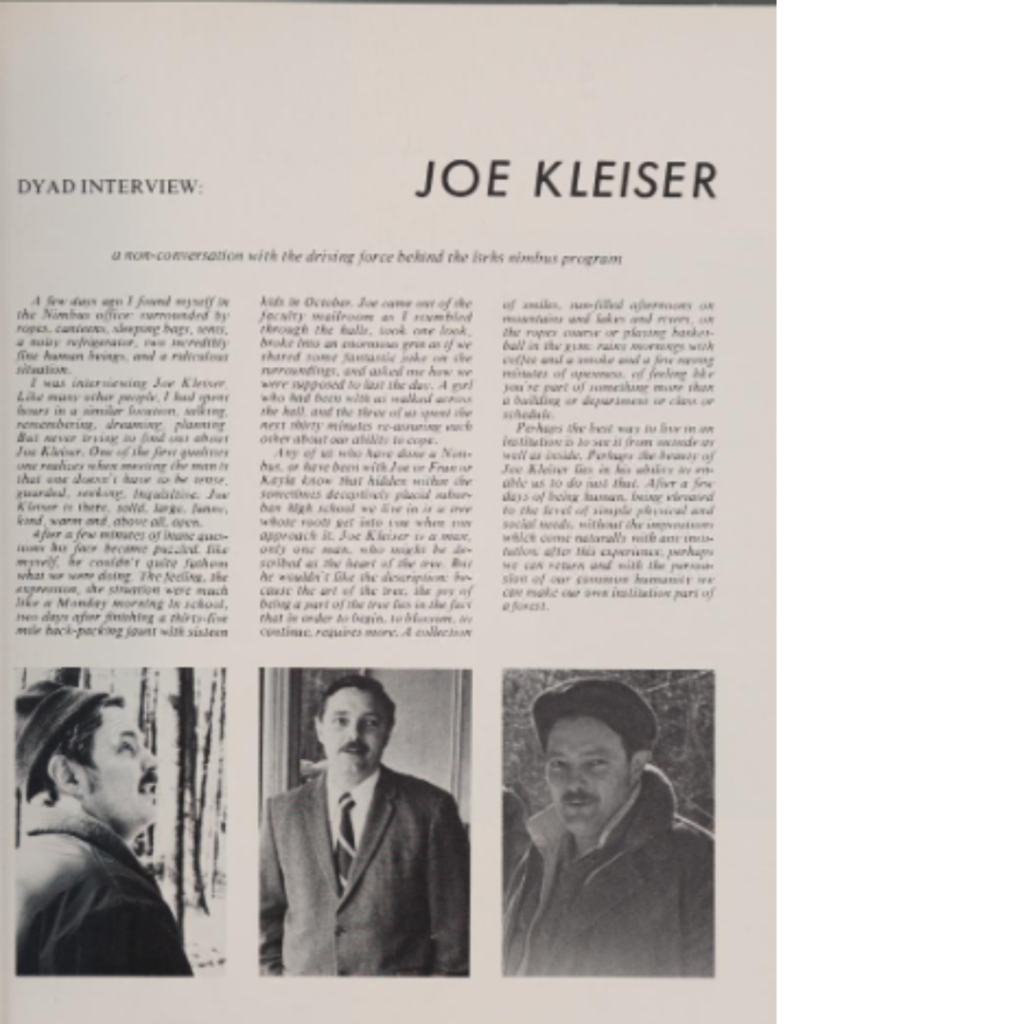
Joe Kleiser was the another teacher who helped me understand the importance of connections in life, especially with nature. Mr. Kleiser taught me that community wasn’t just about people, but also about your surroundings. He was my 10th grade P.E. teacher and the director of Nimbus (an Outward Bound program). Lincoln-Sudbury is located approximately five miles from Thoreau’s Walden Pond. Coincidentally or not, Lincoln-Sudbury made sure that learning about nature also had an impact on us. At Lincoln- Sudbury High School, all tenth grade students were enrolled in a nine-week course entitled Outdoor Pursuits. For a little girl living in the ghettos of Boston, this was a big challenge. In the city, I was active with inner city games. In the inner city, I played kick ball, street hockey, punch-ball, tag, Dodgeball, Red Rover…Red Rover, Hopscotch, jacks, and 1-2-3 Red Light…Green Light. Double-dutch jump roping was a favorite activity of mine. I went sledding, roller skating, went bowling, and went to the movies. My inner city activities were not related to the wilderness and survival living. I spent time at parks on pic nics, sat at Fenway and red or watch the teams play baseball. Lincoln-Sudbury had built a survival course that included ropes course, canoeing, woods rescue, snowshoeing, cross country skiing, and discussions. Lincoln-Sudbury’s offerings fostered enjoyment and understanding of the outdoors. It instilled positive attitudes about the outdoors and physical exercise related to life long skills. It differed from my old school where the focus was on traditional calisthenics or the teaching of team sport skills. My former school had metal detectors and bars on the windows. My new school offered the freedom pf discovery and exploration.
Engaging Learners & Connecting Community: Exploration and Discovery
In addition to the Outdoor Pursuits course required as a sophomore, Mr. Kleiser provided other experiences. He made it possible for me to participate in a Nimbus program. Nimbus programs were one-week out of school excursion. There were different experiences from which to choose. The program in which I participated involved hiking, complete with a 2-Day survival solo experience. Much of our trip was made on snowshoes from Massachusetts to the White Mountains of New Hampshire and back. The Outdoor Pursuits course and the Nimbus (Outward Bound) program were designed to help students and interested teachers make connections between ourselves, our past, our environment. It helped us examine and reflect on our values, and our future. Because of Nimbus I learned wilderness skills. I snowshoed and pitched a tent. I learned how to rock climb and rappel. I helped build an igloo in which I spent the night. I slept in a cave. I pitched and slept in a tent in the middle of a snow storm. I walked on a lake in snow shoes I scaled a mountain and rappelled down the same mountain. I cooked over an open fire. I hiked across a narrow ridge when sent on a late night mission with only my compass, a canteen, and a few other items. It was on that trip, that I learned that I should have packed light. My bag not only had my tent, snowshoes, sleeping bag, canteen, space blanket and food, flashlight, compass and other things. It also contained all the clothes I could pack for a “vacation.” At less than 100 pounds in weight, I kept falling backwards whenever we walked up hills. It happened so regularly that the other 15 people on the trip had to help me. They each items from my backpack and carried them for me.
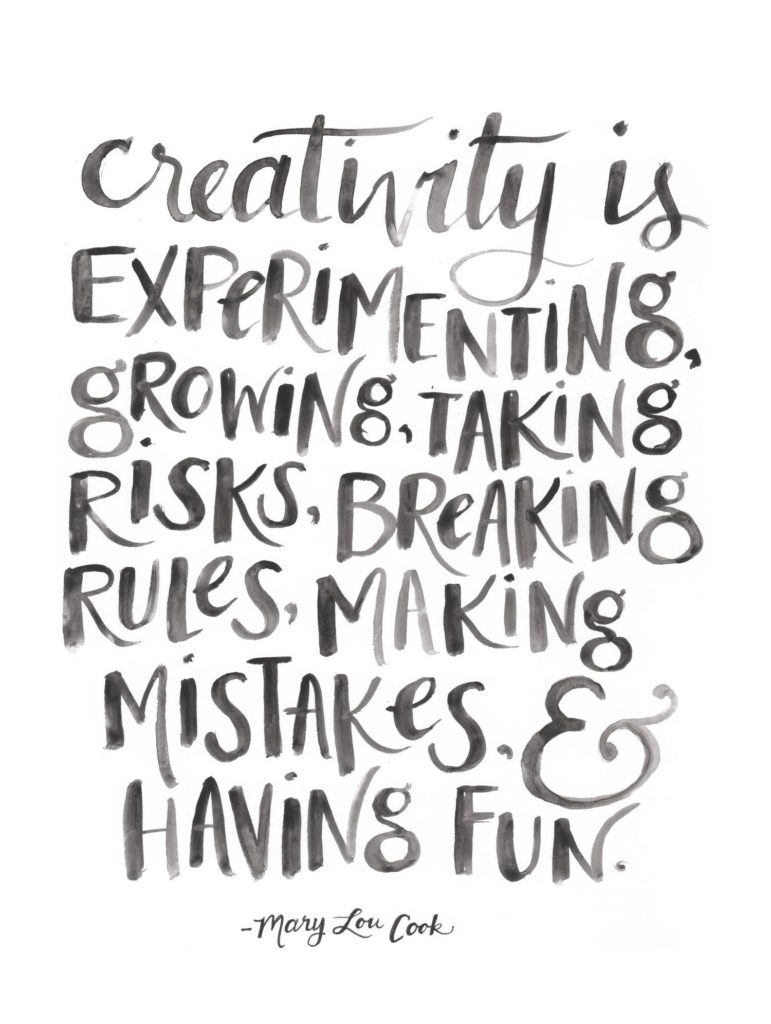
Engaging Learners & Connecting Community: The Artistry of it All
Pim Omrod was one of the teachers who also helped me to connect a subject to my own life. He was one of my art teachers. His classes on jewelry inspired me. I learned how to make necklaces, earrings, and bracelets. I also learned about transforming different metals into works of art and setting stones into pieces of jewelry. That was the engagement which led to connections. People requested my pieces. I gave them as gifts. I displayed them in galleries. I sold them at festivals or other kiosks. The school had a Spring Thing which included an arts and crafts festival. In preparation for the event, I learned how to network with artists and market my ware. The experience taught me how to appreciate and/or critique my work and those of others. I, to this day, still love arts and crafts festival and attend several each year.
Engaging Learners & Connecting Community: Understanding the Past and It’s Impact on our Present and Future
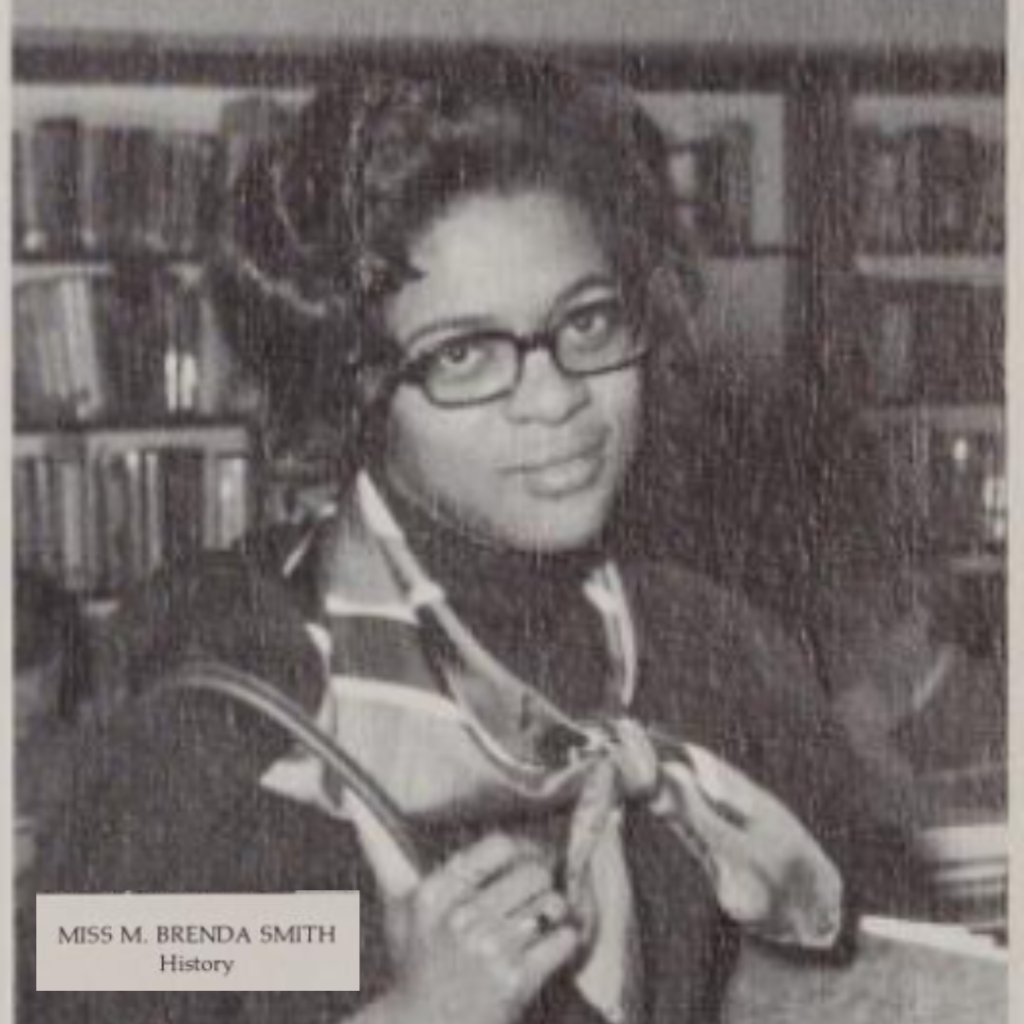
Brenda Smith was one of my history teachers. She is most memorable because she was my first and only African American teacher. Also important is that she was the first teacher to bring history alive for me.. Prior to Brenda and even afterwards, history was always presented as dates, names and facts to remember. On Bloom’s Taxonomy chart it was the lowest of the higher-order thinking skills; there was no other connection. It was about memorizing, listing, defining, recalling, finding, naming, etc. In my recollection, there was not any focus on understanding, applying, creating, evaluating or analyzing of information.
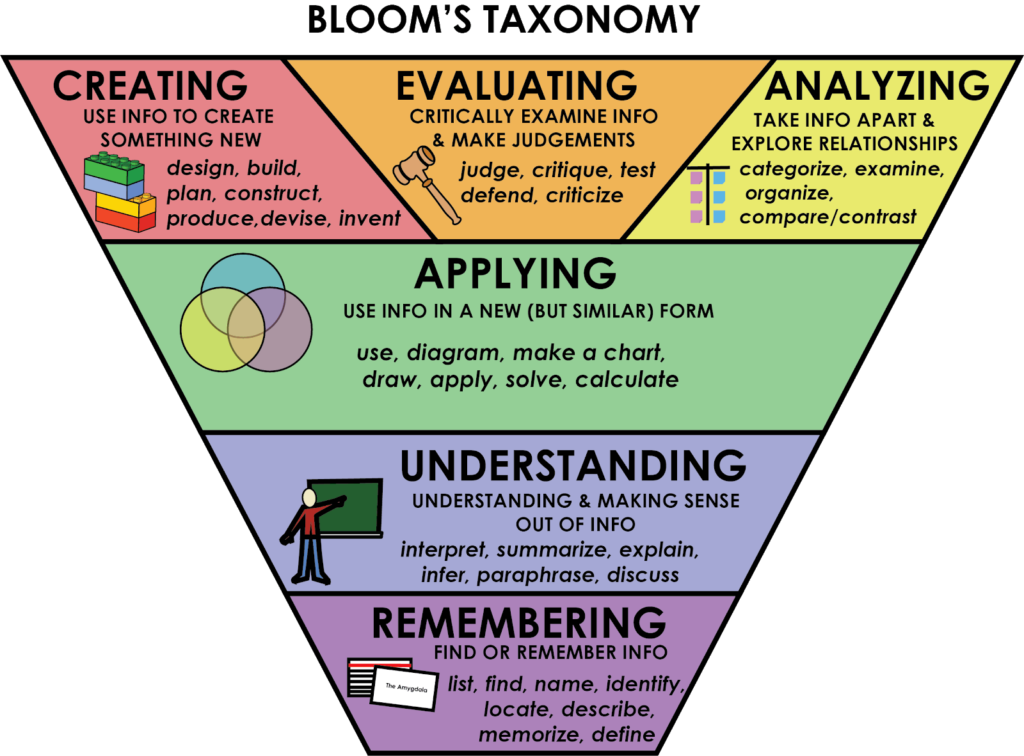
Brenda brought higher order thinking skills into her presentations. She was a great storyteller; it was her way to engage us. It was her techniques that I took to my classes when I started teaching. Her passion and strategies hooked me on history. Brenda inspired me to love learning about history. She made it real by including field trips, museums, children’s books, workshops, creative projects, etc. Her inspirations continue to inspire me. I have several queued posts that share her influences. Additionally, elements of her influences appear in blogs that are already posted at https://literarilymyway.com/
Engaging Learners & Connecting Community: The Power of Language and Culture
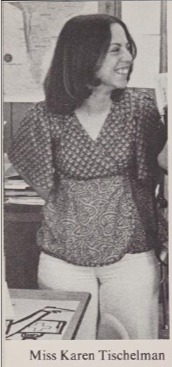
Karen Tischelman was my favorite teacher of all my high school teachers. She inspired me to become a teacher who engages learners and who makes learning connections. I intended to begin my career as an elementary school teacher, I ended up becoming a high school Spanish teacher. At first this was intimidating to me. Although I was functional in Spanish, I was pretty much self-taught. I grew up in a Puerto Rican barrio and learned Spanish to communicate. In order to be a part of the community in which I lived and not isolated, language learning was important. Because of my induction to the language, I bypassed grammar or low level Spanish classes. Upon learning my skills, I only spent a few weeks in a Spanish 1 class and a few weeks in a Spanish 2 class at my first high school. I usually advanced to higher level classes on culture, communication, history or literature. It was through a literature class and later a culture and cuisine class that I met Ms. Tischelman. It is when my life changed. In her class we were always engaged in learning. We didn’t study the subject, we lived Spanish. For my first year as a Spanish teacher I was not happy; I was book and worksheet focused. Why? Well, I partially was intimidated and lacked self confidence. I knew how to communicate in Spanish, but wasn’t sure of the rules and grammar. I spent the first year of teaching trying to stay ahead of the kids. I also spent it trying to figure out how to balance the red-tape and bureaucratic tasks. By the end of the first year, I knew there had to be a change. A bit more confident with the rules and grammar, I transformed by class. I modeled what Srta. Tischelman had demonstrated. Thus began my students and my journey to not only learn about the language and culture, but to also immerse ourselves in the adventure and discovery. Miss Tischelman inspired me to strive to actively engage students in the learning process; to create connections to the students lives, the community and the world outside of the class; to make learning relevant; to offer and embrace opportunities and to create authentic learning activities, opportunities and assessments. It is because of Srta Tischelman’s inspiration that I wrote https://literarilymyway.com/frida-kahlo-experiences-and-books-that-inspire-my-fridamania/.
Engaging Learners & Connecting Community: Perceptions and Perspectives
“No Child Left Behind,” “Common Core Curriculum,” “Standard-based Lessons,” and excessive testing can result in anxiety. Through the Cracks gives insight of the frustration, disengagement, and disconnect our students and teachers experience. I was fortunate to change schools during my high school years. The experiences I gained met all of my needs, actively engaged me in the learning process. In doing so, I was an active learner, applying knowledge and skills. I connected to the world. Learning was relevant. In my opinion active learning, student engagement and real-world base learning have a great impact on a teaching and learning. In Through the Cracks, the author poignantly and literally portrays children as “shrinking away” from the classrooms. It shadows the film “Honey, I Shrunk the Kids.” The book’s illustrator and designer use the powerful illustrated images to initially show children falling through the cracks. They show us how children are left behind. They brilliantly portray what engagement, active learning and real world-based learning look like.
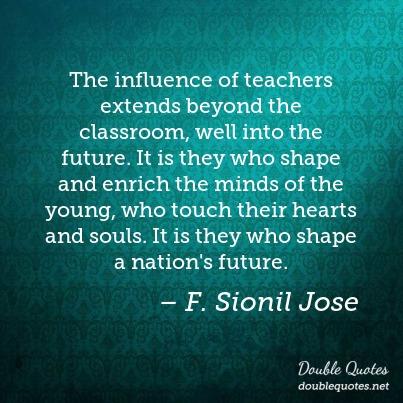
Engaging Learners & Connecting Community: Results of My Journey to My Instructional Vision
My aforementioned personal experiences are what catapulted me into becoming the teacher I became. For much of my life, I had been exposed to the traditional way of learning and teaching. I sat upright at desks with textbooks open and performing at the lowest level of thinking skills. Granted, for me, that wasn’t a huge issue. I always have been blessed to take the initiative. I have always been able to look at how I can become engage and to connect learning to life. Many of my classmates weren’t that way. I have no problem saying that during most of school years, I was the Teacher’s Pet. It wasn’t intentional. It was my clear love for and passion about teaching and learning. I was a magnet for learning…for growth…for new experiences, opportunities, skills and knowledge. It was my desire to showcase and celebrate learning. I believe that this intrinsic quality is why my life as a METCO student at Lincoln-Sudbury impacted me in my life, personally, professionally, emotionally, and academically. It is because of that marriage that the experience, relationships and opportunities impacted me and my teaching style in the way it did. At Lincoln-Sudbury in the early 70’s, I truly felt that I mattered as a student and a person. Grades were important, but learning and growth were more important. It helped me to become the person I became…the person I am.
While visiting Sudbury recently after a 50 year absence, While on the tour of the “new” school, I made sure to stop by Lincoln-Sudbury RHS’ METCO office and take photo. I also took a photo under the Spelman banner outside of the office. Spelman is the college I chose to attend after leaving LSRHS. I also made sure to visit the METCO office in Boston on my way to the airport.
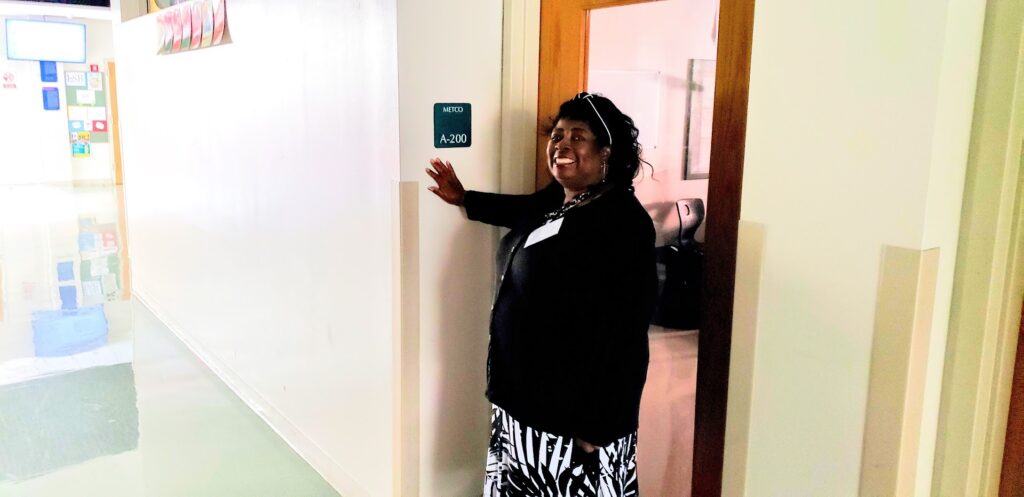
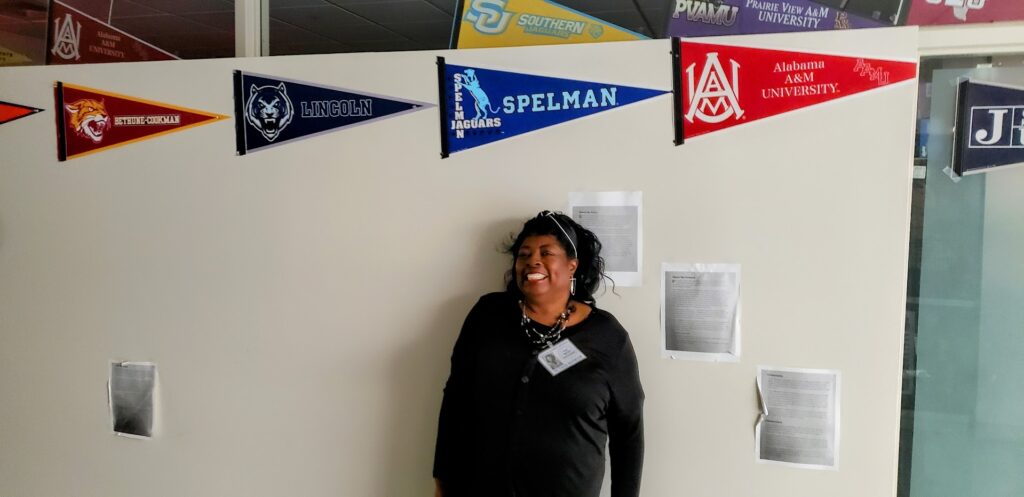
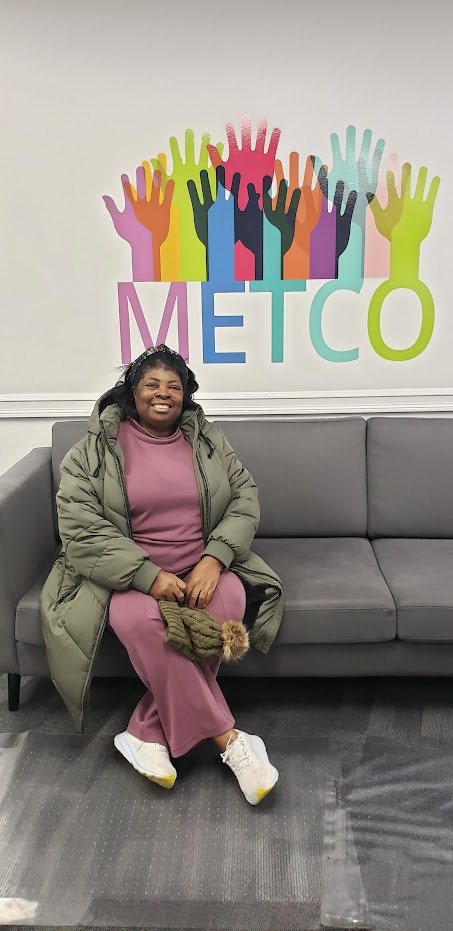
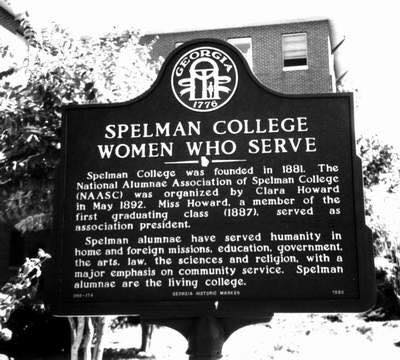
One of my favorite quotes about humanistic education is:
“Man has a mind. Man has feelings. To separate the two is to deny all that man is. To integrate the two is to help man realize what he might be.”
Brown, George. 1975. Human is as confluent does. In George Brown, Thomas Yeomans, and Liles Grizzard, eds. The Live Classroom: Innovations through Confluent Education and Gestalt, p. 108. New York: Viking Press.
Another quote that exemplifies my feelings is,
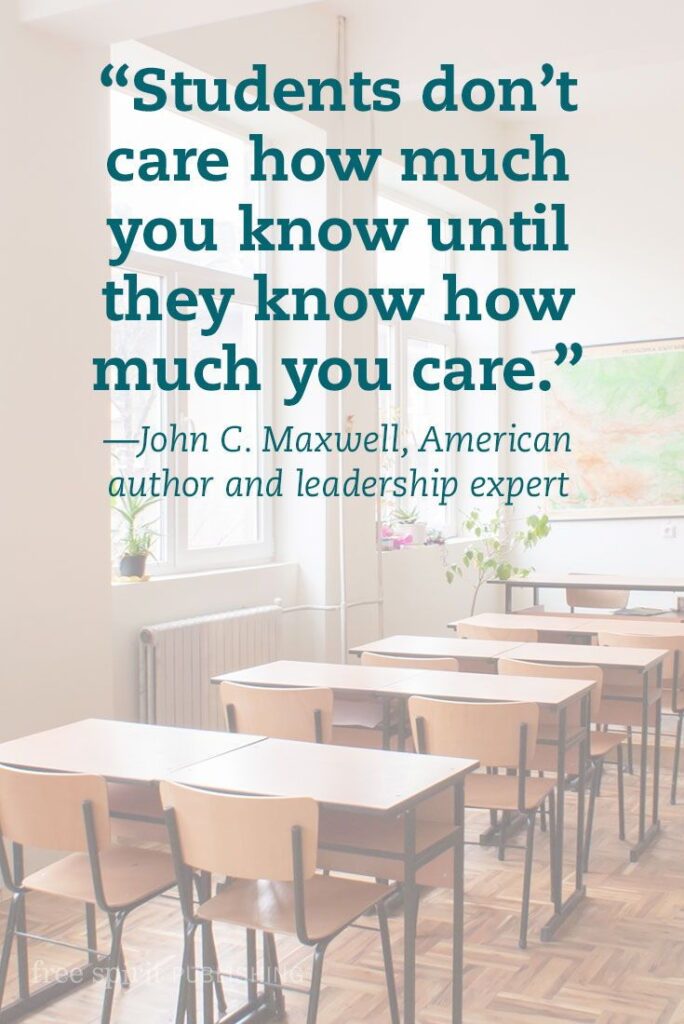
Engaging Learners & Connecting Community: My Instructional Vision
Whether you read Through the Cracks or simply look at the illustration, you will understand the vision I have for Literarily My Way. My anecdotes hopefully share the experiences that led to that vision. There are many ways to engage people and groups in your vision, but most of the time it has to be shown and not simply stated. This book allows you to share what the vision looks like with lots of examples of the learning environments, the actions of the learners and the involvement of the community. The picture of the school at the beginning of the book and the school at the end paints the best picture.
Learning should be engaging. Testing should not be the be all and end all. All students should have a broad curriculum that includes the arts and enrichment. Students should have opportunities to work in teams and engage in project-based learning. And student and family well-being should be front and center.
Randi Weingarten
Engaging Learners & Connecting Community: Engagement Ideas
- Share your vision for the classroom/school
- Compare and contrast the school’s community in Through the Crack,
- Compare and contrast the “before and after” pictures near the front of the book and tthe end of the book. I believe in visual examples of comparing and contrasting, jot it down on chart paper, post its, dry-erase board, etc.
- Use a physical Venn Diagram using hula hoops and post-its or cards.
Engaging Learners & Connecting Community: Connections Ideas
- Brainstorm ideas.
- When, I, as a Spanish and ESOL Teacher, started each quarter/semester/year I began by asking:
- 1) What is one thing you want to be able to say/know when you leave this class;
- 2) Where in the world do you experience reading, writing, listening, speaking; and culture? This laid the ground work for getting out of “the book,” “traditional classroom,” grammar vs. communication.” This worked for every grade PK-12, Adult Education, as well as working with colleagues and staff.
- Involve the stakeholders, including the community as a whole. Ask students who can enhance certain areas of the curriculum. Poll community members and parents! Inventory them! Actively involve them! Engage them! Use them! Connect students and the world!
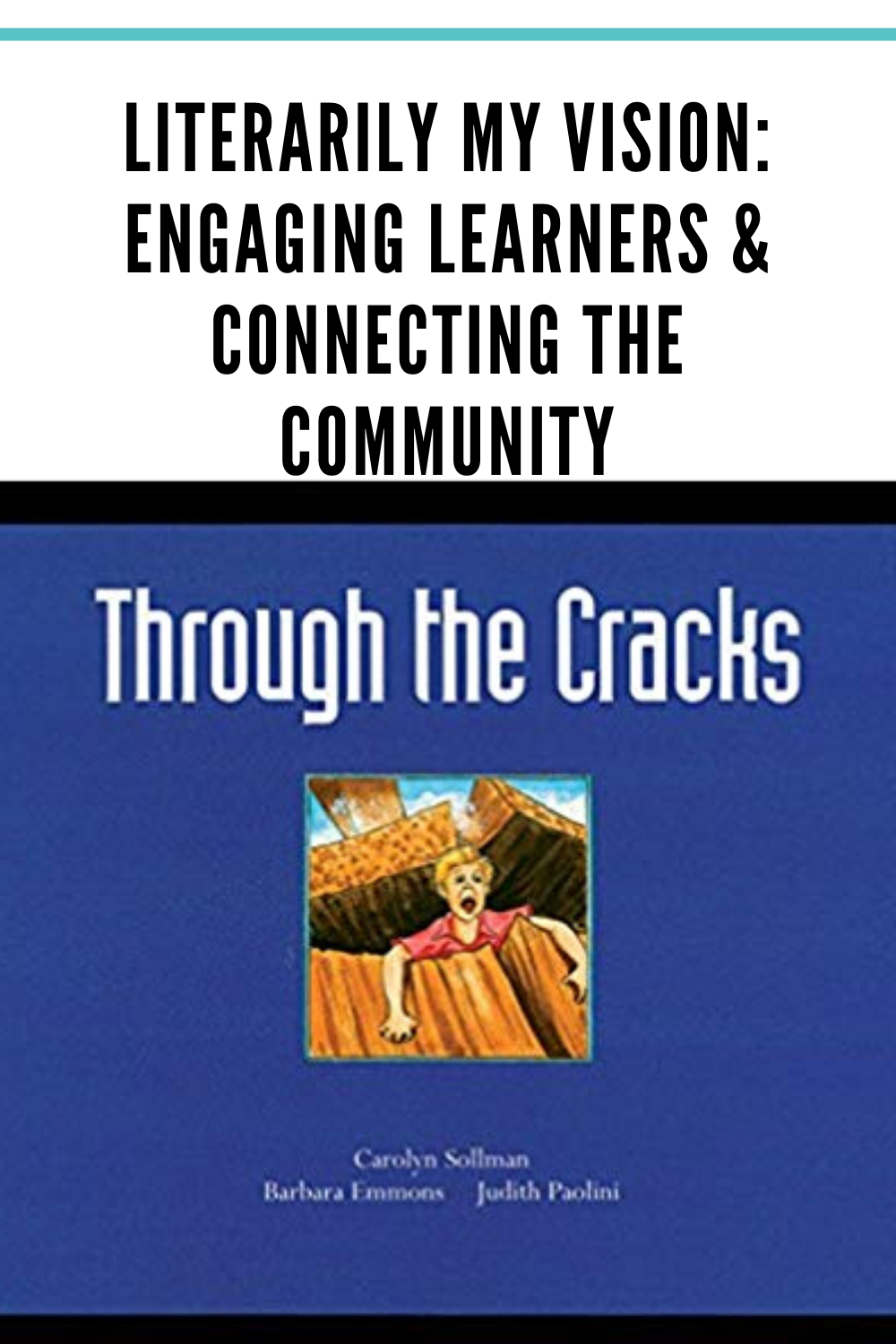
I wanted to thank you for this wonderful read!!
I definitely loved every little bit of it. I’ve got you book-marked to look at new stuff you post…
Thank you. I am glad you enjoyed it More will be posted between now and next week.
Does your website have a contact page? I’m having trouble locating it but, I’d like to send you an email.
I’ve got some recommendations for your blog you might
be interested in hearing. Either way, great blog and I look forward to seeing it develop over time.
Yes, the information is on the page.
Wow, amazing weblog format! How long have you ever
been blogging for? you make blogging glance easy. The total glance of your website is magnificent, let alone the
content material!
I have been blogging for a year. Still learning.
Valuable information. Lucky me I found your website accidentally,
and I am surprised why this coincidence didn’t happened earlier!
I bookmarked it.
I like what you guys are usually up too. This kind of clever work and coverage!
Keep up the great works guys I’ve incorporated you guys to my personal blogroll.
Neat to read your memories of L/S. I was there a bit after your time.
Thank you for taking time to read it. Hope your experience was also a good one. Have a joyous and safe rest of the year!